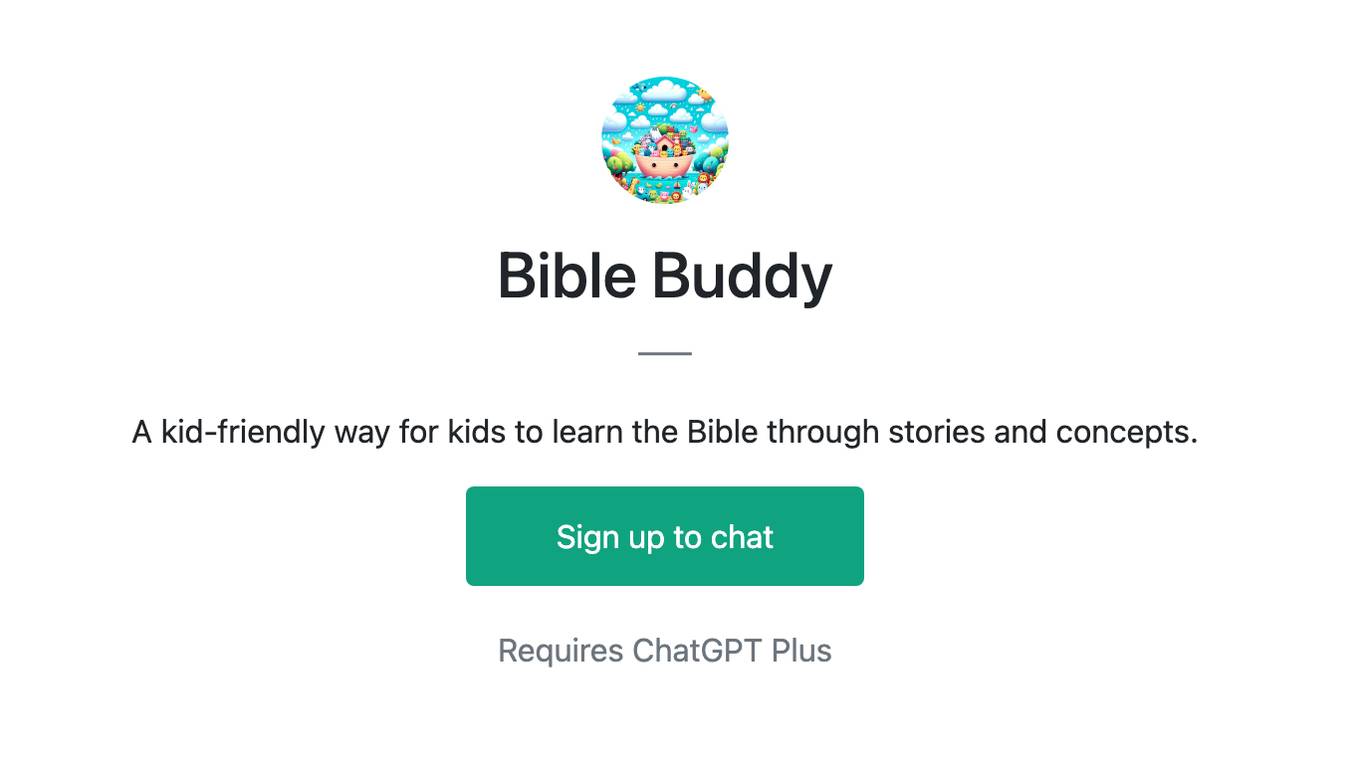Best AI tools for< Ministry Coordinator >
Infographic
4 - AI tool Sites

Church Loom
Church Loom is an AI-powered content creation tool specifically designed for churches. It allows users to easily create engaging content by uploading sermons and receiving ready-to-use content in minutes. The platform leverages advanced AI technology to generate custom content, including sermon summaries, social media posts, email blasts, and more. With features like quick turnaround, custom prompts, and simple pricing plans, Church Loom aims to streamline content creation for churches, helping them reach a wider audience and focus on their ministry.
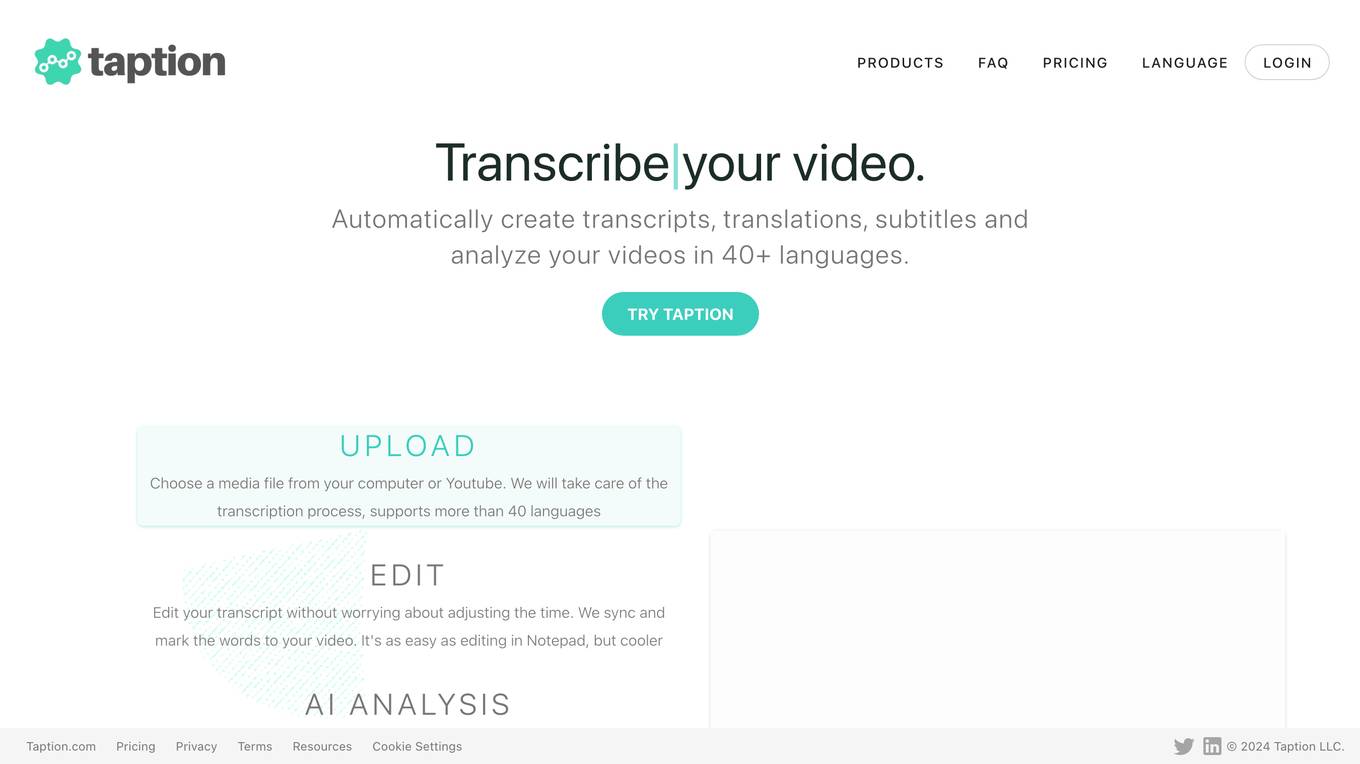
Taption
Taption is an AI video transcription and subtitle tool that utilizes leading AI technology to convert audio or videos to text in over 40 languages. It offers features such as embedded bilingual subtitles, speaker-labeled transcripts, translations, and more. Users can upload videos directly or import from various platforms, edit text and subtitle segments with auto-synced timestamps, generate summaries and key insights, and translate content across multiple languages. Taption provides a powerful editing platform for seamless video editing and content analysis, recognized by Taiwan's Ministry of Economic Affairs.
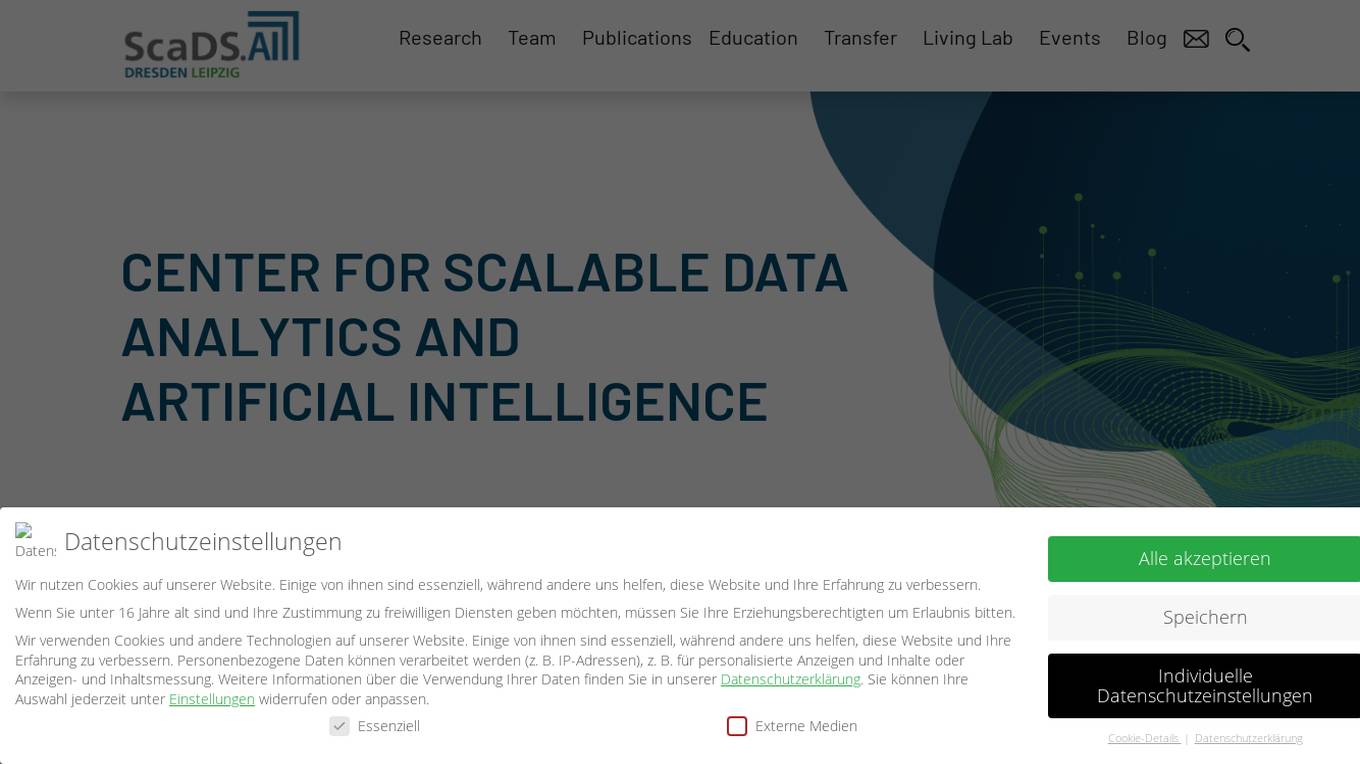
ScaDS.AI
ScaDS.AI (Center for Scalable Data Analytics and Artificial Intelligence) is a research center focusing on Data Science, Artificial Intelligence, and Big Data with locations in Dresden and Leipzig. It is one of the five new AI centers in Germany funded under the federal government's AI strategy by the Federal Ministry of Education and Research and the Free State of Saxony. The center collaborates closely with TUD Dresden University of Technology and Leipzig University, aiming to bridge the gap between mass data utilization, knowledge management, and advanced AI methods.
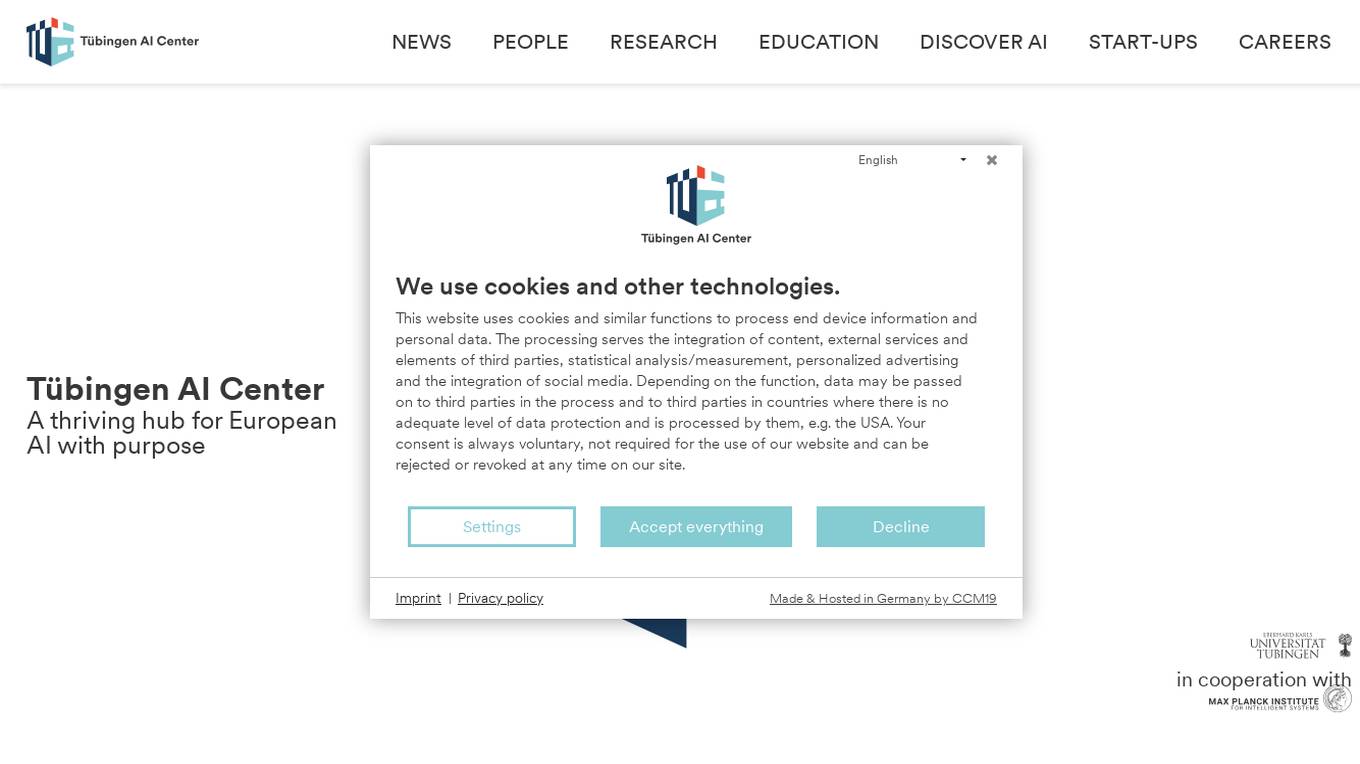
Tübingen AI Center
Tübingen AI Center is a thriving hub for European AI, hosted by the Eberhard Karls University of Tübingen in cooperation with the Max Planck Institute for Intelligent Systems. It comprises 20 world-class machine learning research groups with more than 300 PhD students and Postdocs. The center fosters AI talents by offering education and hands-on experience from elementary school onwards. The Machine Learning Cloud at Tübingen AI Center provides cutting-edge AI research infrastructure, supporting collaborative work and large-scale simulations in ML. Funded by the Federal Ministry of Education and Research and the Ministry of Science, Research and Arts Baden-Württemberg.
0 - Open Source Tools
2 - OpenAI Gpts
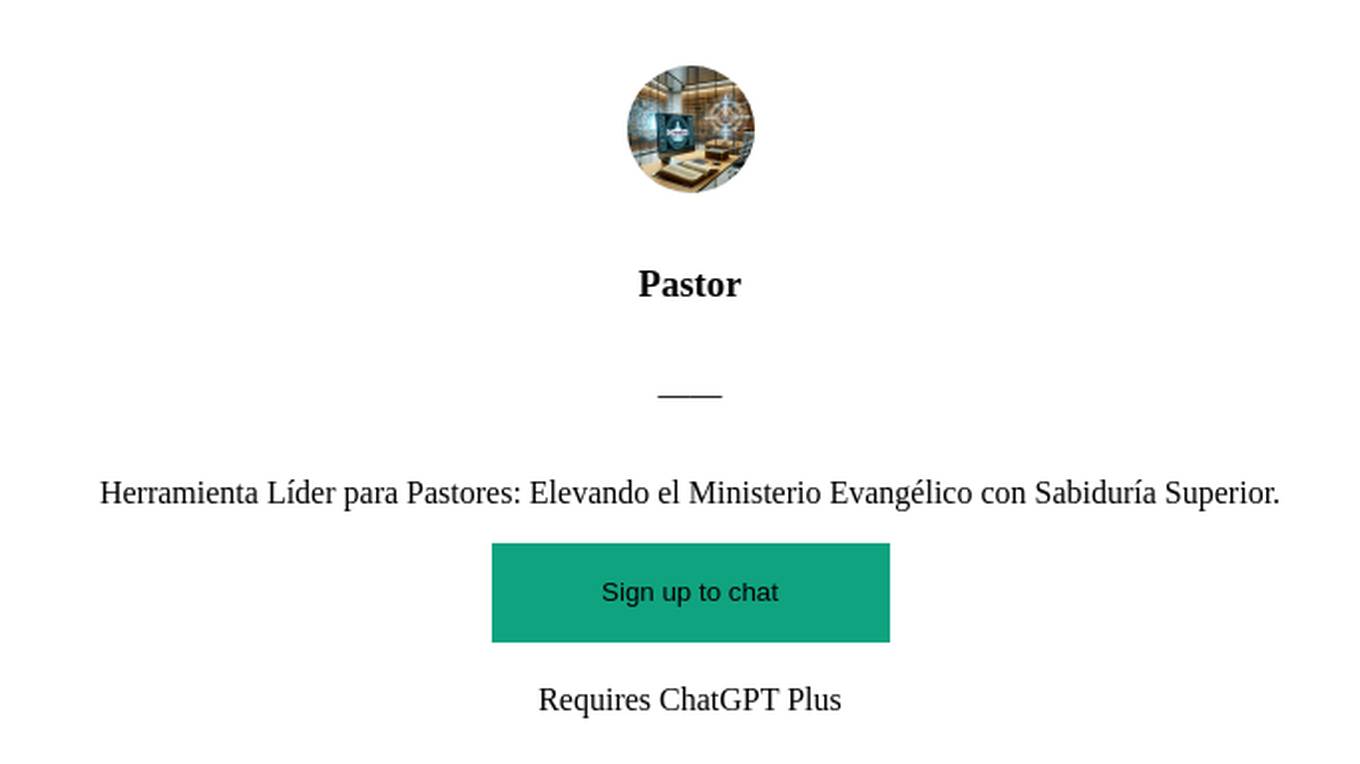
Pastor
Herramienta Líder para Pastores: Elevando el Ministerio Evangélico con Sabiduría Superior.
